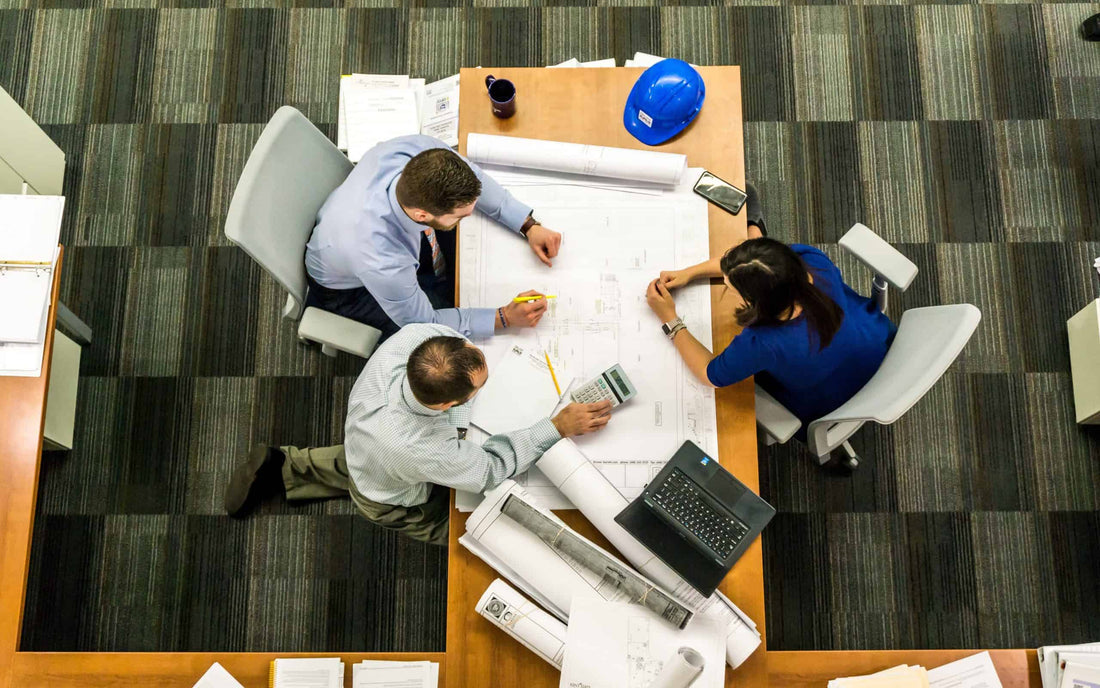
Efficient Conflict Resolution in South African Construction Projects through Mediation"
SAPAC ReporterShare
Construction disputes between the Contract owner and the Contractor
Resolving construction disputes can be a time-consuming and costly affair, given the complexities of projects that involve multiple contractors and workers. Mediation is a private dispute resolution process that offers an alternative to traditional litigation and arbitration, with advantages that make it appealing for the construction industry.
Role of a Mediator
Mediation involves a neutral third party, a mediator, who works with the parties to negotiate a settlement to their dispute. Unlike litigation or arbitration, mediation is a non-binding process, meaning that the parties themselves are the decision-makers and have control over the outcome. The mediator's role is to facilitate communication and negotiation between the parties to reach a mutually satisfactory agreement.
Cost - effectiveness
One of the key benefits of mediation in construction disputes is its speed and cost-effectiveness. Mediation sessions usually take no more than a day or two, compared to court trials or arbitration hearings that can take weeks or even years to schedule. This advantage is particularly crucial in construction projects that are still ongoing, as timely resolution of disputes can clear the way for more cooperation between the participants and facilitate project completion.
In addition to being fast and affordable, mediation also helps maintain relationships between parties, which is essential in the construction industry. Disputes are inevitable in large construction projects, and mediation provides a way for parties to resolve their differences amicably without resorting to the adversarial nature of litigation or arbitration. This is especially important for future projects, as parties that have successfully mediated disputes are more likely to collaborate on future endeavours
Mediators in Construction.
Mediators in construction disputes also typically have experience in the industry, which allows them to understand the complexities of the project and offer specialized guidance. They can help parties explore creative solutions that take into account the unique challenges of the construction industry, and facilitate communication to help parties better understand each other's perspectives.
Maintain Constructive Working Relationships
In conclusion, mediation is a useful tool for resolving construction disputes. Its speed, cost-effectiveness, and ability to maintain relationships make it an attractive alternative to litigation and arbitration. With the help of an experienced mediator, parties can reach a mutually satisfactory agreement and move forward with their project with renewed cooperation and understanding.
This information highlights the advantages of mediation as a private dispute resolution process for resolving construction disputes. Mediation involves a neutral third party, the mediator, who works with the parties to reach a mutually satisfactory agreement. One of the key benefits of mediation is its speed and cost-effectiveness compared to traditional litigation or arbitration. Additionally, mediation helps maintain relationships between parties, which is essential in the construction industry. Mediators in construction disputes also typically have experience in the industry, allowing them to offer specialized guidance and explore creative solutions. In conclusion, mediation is a useful tool for resolving construction disputes, and with the help of an experienced mediator, parties can reach a mutually satisfactory agreement and move forward with their project with renewed cooperation and understanding.
South African Professionals and Contractors (SAPAC) Time
